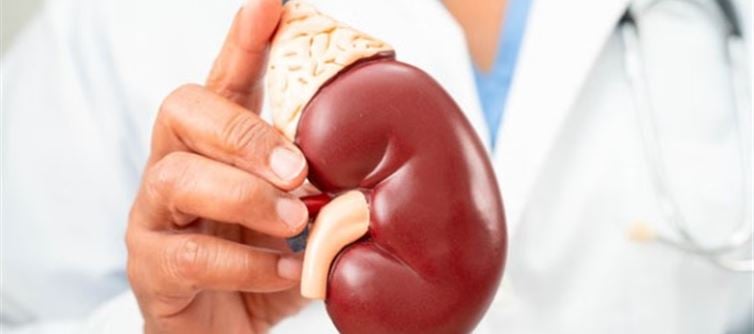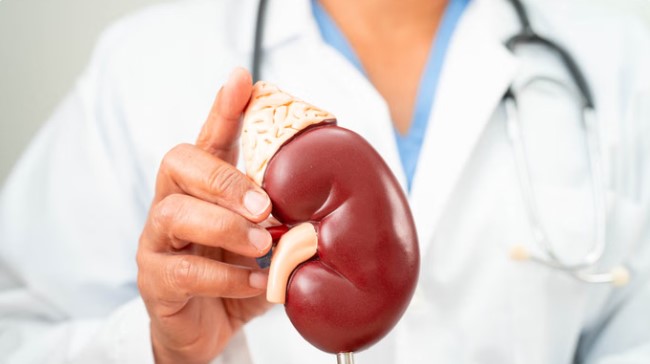
🩺 health Tips: What to Eat & Avoid to Prevent Kidney Diseases. Kidney problems are becoming increasingly common due to poor diet and unhealthy lifestyle habits.
Kidneys filter blood, remove toxins, and regulate fluid balance — but damage can occur silently, making early detection difficult.
Adopting a healthy, balanced diet can significantly lower the risk of kidney disease.
✅ What to Eat for Healthy Kidneys
Maintain balance of sodium, potassium, and phosphorus in your diet.
Include kidney-friendly vegetables:
Cauliflower, cabbage, garlic, onion
Rich in antioxidants, help reduce inflammation.

Eat low-potassium fruits:
Apples, blueberries, strawberries, cranberries
High in fiber and vitamins, support kidney function.
Stay hydrated: Drink sufficient water daily to support filtration.
❌ What to Avoid
High-sodium foods:
Packed snacks, chips, processed and restaurant foods.
Excess salt increases blood pressure and strains kidneys.
High-oxalate vegetables:
Spinach, beetroot, tomatoes (can lead to kidney stones).
Consume in moderation if prone to stones.
⚠️ Foods & Habits That Harm the Kidneys
High-protein foods:
Red meat, excessive protein shakes can overwork kidneys.
Highly processed foods:
Contain additives and excess phosphorus.
Sugary drinks and soda:
High in phosphorus and artificial chemicals, harmful long-term.
Alcohol & smoking:
Both directly damage kidney tissue and reduce blood flow to kidneys.
💡 Tips to Keep Kidneys Healthy
Follow a balanced, home-cooked diet.
Avoid fried and fast foods.
Eat fresh fruits and vegetables.
Avoid over-the-counter painkillers, unless prescribed.
Consult a doctor if you experience symptoms like swelling, fatigue, or changes in urination.
📌 Conclusion
Kidney health requires consistent care, not just temporary changes.
Small daily habits like healthy eating, hydration, and lifestyle choices go a long way in preventing kidney diseases.
⚠️ Disclaimer
This article is based on medical sources and expert insights.
For personal health concerns, consult a healthcare professional.




 click and follow Indiaherald WhatsApp channel
click and follow Indiaherald WhatsApp channel